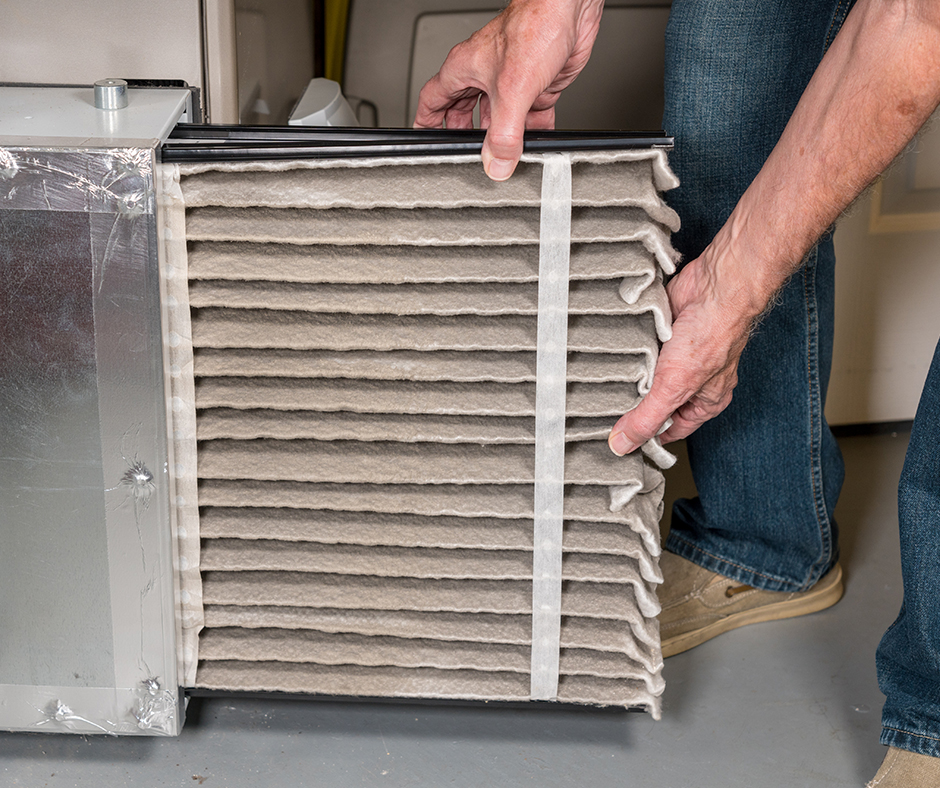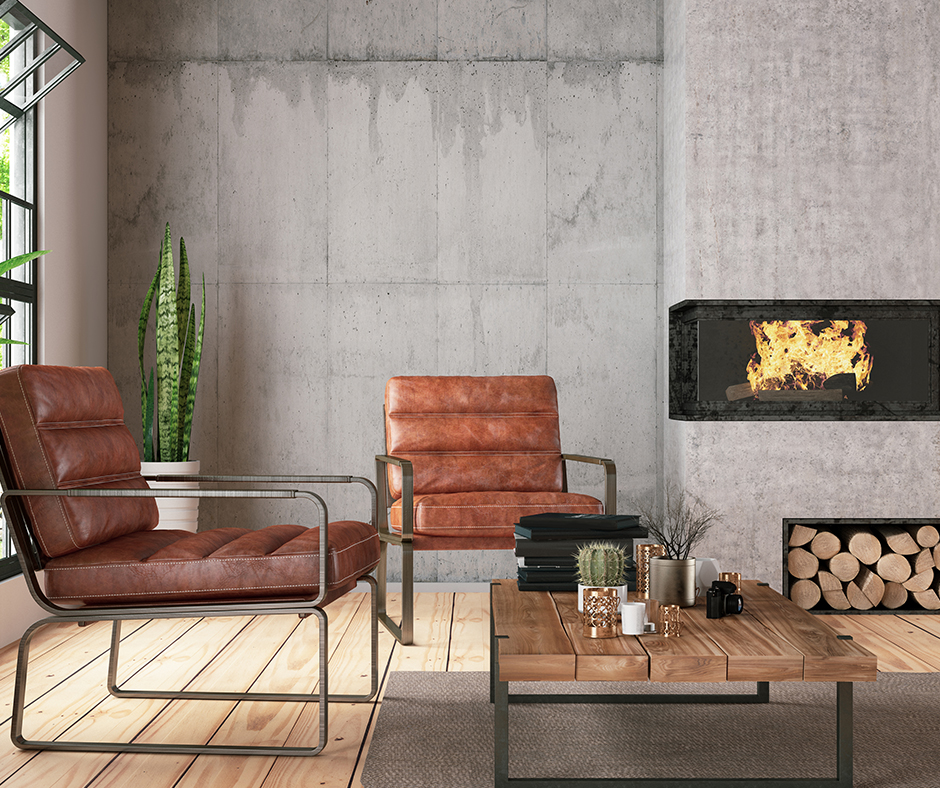
Tips to Condominium Living
Lower Your Energy Bills
Save money on your energy bills by making a few adjustments to your normal routines at home. Even small efforts to change your habits can result in big savings, both today and for the long term too.
Change Your Furnace Filters Regularly
Homeowners should change air filters often to help extend the life of your furnace and help with air quality in your home. Better air quality will help your HVAC system run more efficiently and therefore save you money on your utility bills.
Have A Professional Check For Air Leaks
Small air leaks in uninsulated attic or crawl spaces are a major source of cooling loss in the home. It makes good sense to hire a professional to evaluate your home and to place the insulation properly to seal up leaks. This will help to lower cooling costs.
Make The Most Of Your Thermostat
Air conditioners and furnaces consume the most energy in a home. Buy a programmable thermostat that allows you to raise the temperature up to 10 degrees while you’ll be away at work or on vacation. Setting the temps higher when you’ll be gone in the summer can make a noticeable difference in your monthly savings.
Use Less Hot Water Doing Laundry
When doing laundry the big expense is heating the water. Detergents are designed to perform in temps of 65 to 85 degrees F. And cold water is just as effective for rinsing as warm or hot. So dial back those temperature settings to use less hot water and spend less money.
Replace Appliances
Older appliances are typically less energy-efficient, so replacing an old furnace or water heater with a newer model will provide savings in the long run. Do your research to determine which models offer the best return on your investment.
Find additional ways to save money by connecting with a Mel Foster Insurance producer today and ensuring you have all the right homeowner’s policies in place.
How To Work From Home Like A Pro
Many of us were thrust into working from home with little time to prepare an office space or think of how we’d even manage this new challenge. With a few days under our belts, some of the honeymoon stage and novelty has worn off. Now we’re struggling with new aches and pains from not having a proper desk and chair and falling behind on our work.
An expert with over 15 years of experience working from a home office shares her best tips to help you transition.
Keep to your regular morning routine and work schedule. No sleeping in. People are counting on you to be available. Be a team player.
Get dressed every day. Don’t just change into a clean pair of pajamas. A full suit isn’t necessary, but dressing for work tells your brain it’s time to work.
Make a desk. Even if it’s the kitchen table or the top of your dresser, you need a dedicated place. Even better if it’s a space with a door or an area where you can block out distractions. If you are working in the kitchen or a common area, put your work and laptop away each night to give you a mental and visual break from work. Try and keep work and home separate.
Take breaks to walk around. It’s easy for a few hours to slip by and realize you haven’t gotten out of your chair. In the office, you’re always getting up to grab something from the printer or chat with your co-workers.
Remember you are working. This is not the time to throw a quick load of laundry into the washer. Or the time to be checking Facebook constantly since nobody is really watching you. Treat your daytime working hours as work hours so you can stay focused and caught up with your work.
Stop at your normal quitting time. The work will be there tomorrow. Get outside. Play with your kids or pets. While you are on home quarantine, it’s vital to change up your scenery and step away from your new home office. It’s also helpful to announce to your family that you are “home from work” so everybody knows it’s family or personal time and no longer the workday.
Talk to somebody every day. If you’re working from home alone all day, or in separate quarters from your spouse, pick up the phone to hear another human’s voice. Don’t rely just on texting or email to communicate. Human interaction is so important, now more than ever.
Best Practices for Staying Healthy From the CDC
With the spread of COVID-19 in full swing, the Center for Disease Control (CDC) has set some guidelines and tips for staying healthy during this pandemic. During this unpredictable outbreak, it is important that we follow these practices, not only to keep yourself healthy, but for the safety and health of others.
Understand How COVID-19 Spreads
- The best way to prevent illness is to avoid being exposed to this virus.
- There is currently no vaccine to prevent coronavirus.
- The virus is thought to spread mainly from person-to-person either between close contact of less than six feet or through respiratory droplets produced when an infected person coughs or sneezes.
Practice Social Distancing
- All non-essential workers should stay home. Talk to your employer about working remotely.
- Avoid close contact with others, especially those who are sick, keeping a distance of about six feet.
- Put distance between yourself and other people if COVID-19 is spreading in your community. This is especially important for people who are at higher risk of getting very sick.
Keep Your Hands Clean
- Wash your hands often with soap and water for at least 20 seconds, especially after you have been in a public place, or after blowing your nose, coughing or sneezing.
- If soap and water are not readily available, use a hand sanitizer that contains at least 60 percent alcohol.
- Avoid touching your eyes, nose and mouth with unwashed hands.
Clean and Disinfect
- Wipe down frequently touched surfaces, including tables, doorknobs, light switches, countertops, handles, desks, phones, keyboards, toilets, faucets and sinks, with EPA-registered household disinfectants.
- If surfaces are dirty, clean them with detergent or soap and water prior to disinfection.
Cover Coughs and Sneezes
- Cover your mouth and nose with a tissue when you cough or sneeze or use the inside of your elbow.
- Remember to always throw used tissues in the trash.
- Immediately after coughing or sneezing, wash your hands with soap and water or clean your hands with a hand sanitizer.
If You Feel Sick…
- Stay home if you are sick, except to get medical care.
- Stay in touch with your doctor. Call ahead before you visit. They will advise you of whether or not to leave your home and get tested.
- For those who feel sick or who have been diagnosed with COVID-19, wear a facemask when and if you are around people and before you enter a healthcare provider’s office.
- Avoid public transportation, ride-sharing and taxis.
- If you live with family members or roommates, stay in a specific “sick room” and use a separate bathroom, if available.
- Avoid sharing household items with others, such as dishes, cups, utensils, towels and bedding.
Understanding how to care for yourself, and others, through this pandemic is extremely important. By following these health practices, you will significantly lessen your chance of getting coronavirus or spreading it to others, especially those with preexisting conditions and the elderly. Refer to the CDC for further information on how to stay healthy.
Source: CDC
Preparing To Put Your Home On The Market
You want your home in primo condition when you’re ready to put it on the market. But what exactly does primo condition mean? Mel Foster Co. agents recommend the completion of a few key projects and a couple small investments to whip your home into shape so it’s ready to impress buyers.
Focus on Curb Appeal
First impressions matter to house hunters and you only get one chance to make that impression. You’ll often get the best return on your investment when spending money on improvements to the outside of the house. Buy the new garage door or update the front entrance door and add a fresh door mat. Keep the landscape tidy and free of debris and ensure the walkway to your home is clear. Consider covering your old 1980’s brick exterior with the popular stone veneer product that provides a modern touch.
Declutter and Donate
Buyers want to envision their belongings in your space when they visit. Make the space you do have feel open by removing extra clutter and taking down your family photos. While some owners move items to a separate storage unit to free up space, now may be the perfect time to donate your excess to your favorite non-profit organization instead. Don’t forget the garage when straightening things up, since most buyers evaluate the home’s value based on their impression of the garage condition and space. Organize closets as best you can because buyers will look behind the doors to see how many pairs of shoes will fit there.
Clean and Paint
Make time to power wash your home and clean the windows. Borrow the power washer from a neighbor or rent one from your local hardware store. Buyers don’t want to see old spider webs hanging from the light fixtures or moss growing on your soffit or shingles. Clear the entrance of dirt and grime. Touch up any nicks in the drywall and paint walls in high-traffic areas inside, like the main hallways and bathrooms, so things look and feel fresh. Address any areas where stale odors or stains are noticeable in your carpets or rugs. It may be time to hire a carpet cleaner to do a deep clean.
When you’re ready to list your home, contact a Mel Foster Co. agent to get started.
If You Build It, Will They Love It?
Why Millennials Should Work With A REALTOR®
What’s Hiding Behind Those Walls?
Thinking Minimalistic In 2020
The beginning of a new year is often when we consider making changes to our lifestyle. Maybe we want to exercise more and eat less, visit somewhere new or spend more time at home. Consider a few creative ideas from Joshua Fields Millburn and The Minimalist Rulebook when planning to simplify your life and your belongings.
A Purging Challenge
Think less is more. Choose a friend who wants to minimize with you and select the organization where you’ll donate. Start the purging challenge on the first day of a month, with a goal of ridding yourself of the most items by the end of the month. Each person removes one thing on day one, two things on day two, three things on day three, and so on. Obviously, the challenge becomes harder when faced with donating items in the double digits in one day. The friend who gets through the most days wins, but both will feel successful in passing along their excess to someone in need.
Photo Scanning Party
Wondering what to do with your old photos stacked inside your desk drawer? Consider planning a photo scanning party. Find a high-quality scanner that rapidly feeds and scans photos and then immediately saves them to a memory card and/or online. Gather your favorite friends, some snacks and cocktails, and make an evening of making your memories digital! Once the photos are scanned, they can easily be enjoyed in a digital picture frame or made into a bound photo album. Securing the photos digitally also offers peace of mind in the unfortunate event of house damage by fire or flood.
Wait For It
If online shopping from your couch is your downfall, this challenge could help save you money and help simplify your life! Take pause before you purchase something non-essential. When considering buying an item that costs more than $30, ask if you can get by without it for the next 30 hours. Choosing to wait this extra time helps determine how necessary the item is and if it will add value to your life. The pause often results in a pass on the purchase. If you do decide to buy the item though, you are satisfied that it was acquired with intention and not just as an impulse buy. Some even consider waiting 30 days to decide on making purchases over $100. So, just wait for it and see what results you’ll achieve.
Organize your personal documents at home by using an inventory checklist recommended by Mel Foster Insurance.









